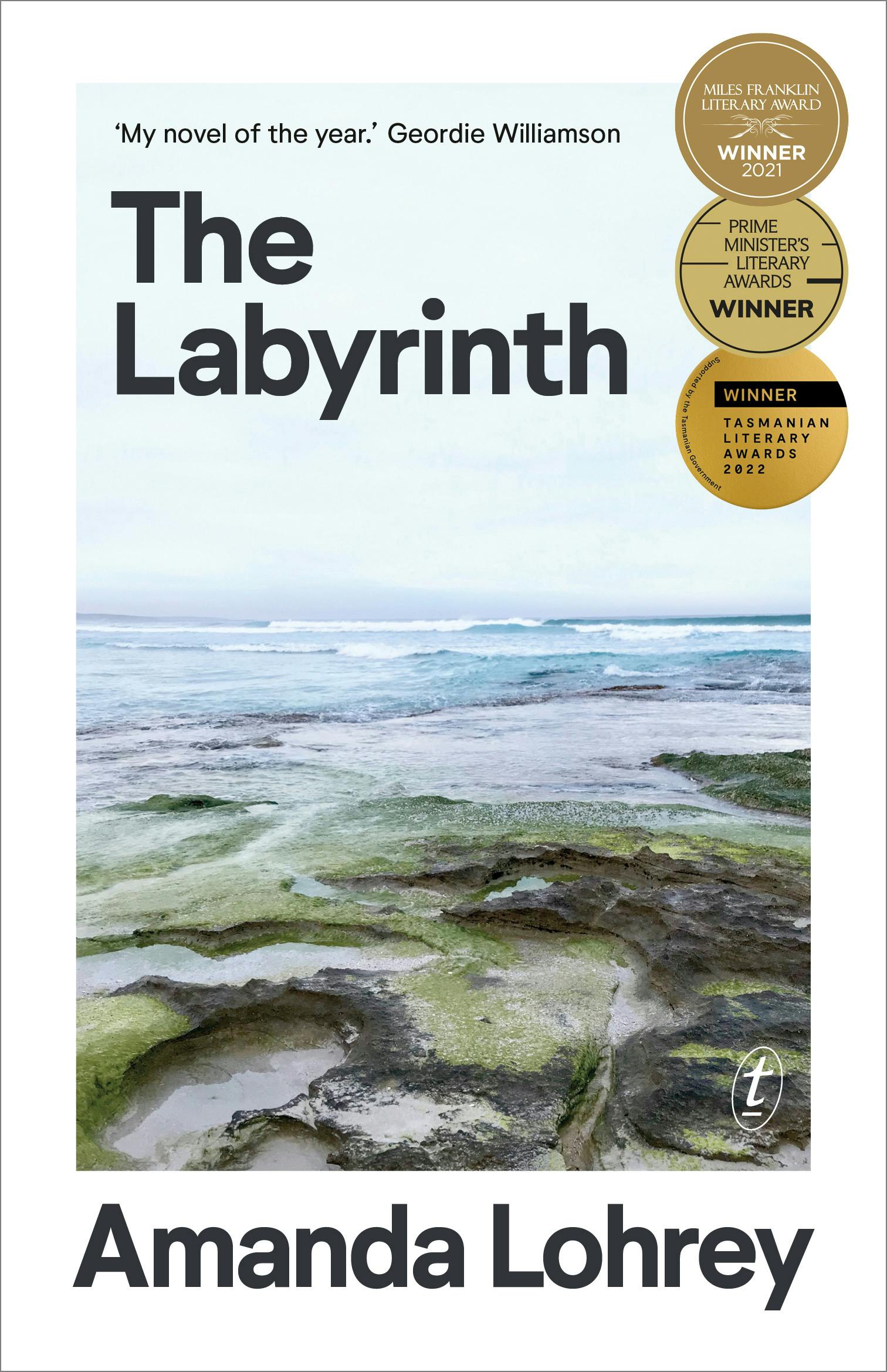
Julieanne Lamond

Julieanne Lamond is a Lecturer in English at the Australian National University. She has published essays on Australian writers including Rosa Praed, Barbara Baynton, Steele Rudd, Miles Franklin and M. Barnard Eldershaw, as well as on gender and literary value, and the history of reading in Australia. She is editor of Australian Literary Studies.





